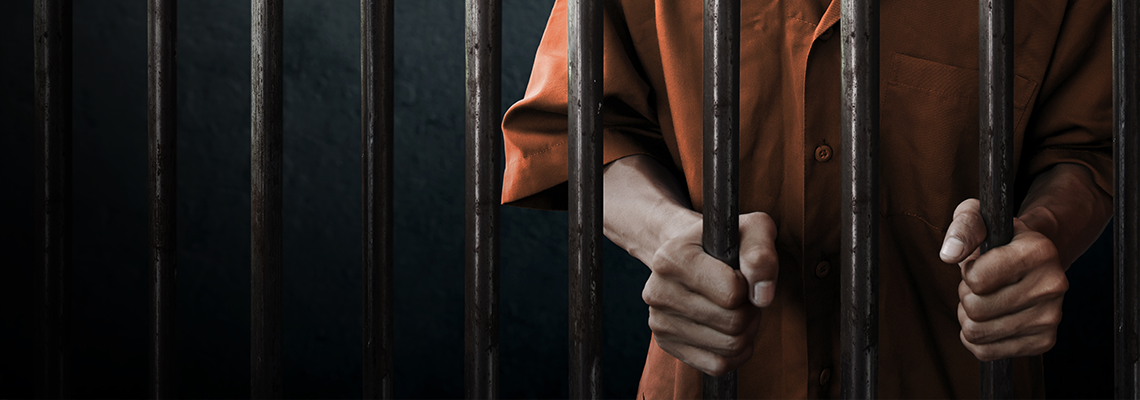BLOG

Mental Health and Criminal Defense
In criminal law, mental health can be used as a defense in certain circumstances. In the United States, there are two primary scenarios in which a defendant can use mental health as a defense: when they are not considered competent to stand trial or when they are unable to understand their actions and the consequences of those actions due to an underlying mental disorder.
Read More
A DUI Charge Is Worth Fighting
There are different versions of how a New York DUI is charged. One is driving while impaired (DWI), another is driving while ability impaired (DWAI), and another is aggravated DWI, each with its own set of penalties. The consequences, however, can be far-reaching beyond just any fines or driver's license suspensions. It’s important to fight the charge and keep those consequences in the rear-view mirror, so you can move on with your life.
Read More
Ineffective Representation Can Have Costly Consequences
A conviction can have life-altering consequences. In addition to fines and potential incarceration, a conviction on your criminal record can follow you for the rest of your life, creating significant barriers to finding a job or housing.
Read More
Are There Alternatives to Going to Jail?
If you’re facing criminal charges, you need to be aware of all the possible penalties. For most charges, judges are given sentencing options that can include alternatives to jail. However, it can require a skilled criminal defense attorney to argue on your behalf for reduced or alternative sentencing.
Read More
What You Need to Know About Your First DWI
In 2020, New York State Police arrested 676 people for Driving While Intoxicated (DWI) during active anti-DWI sobriety checks, according to the New York State Highway Safety Annual Report. If you or a loved one has recently been charged with your first DWI, you probably have many questions about what happens next while navigating the stressful legal situation.
Read More




